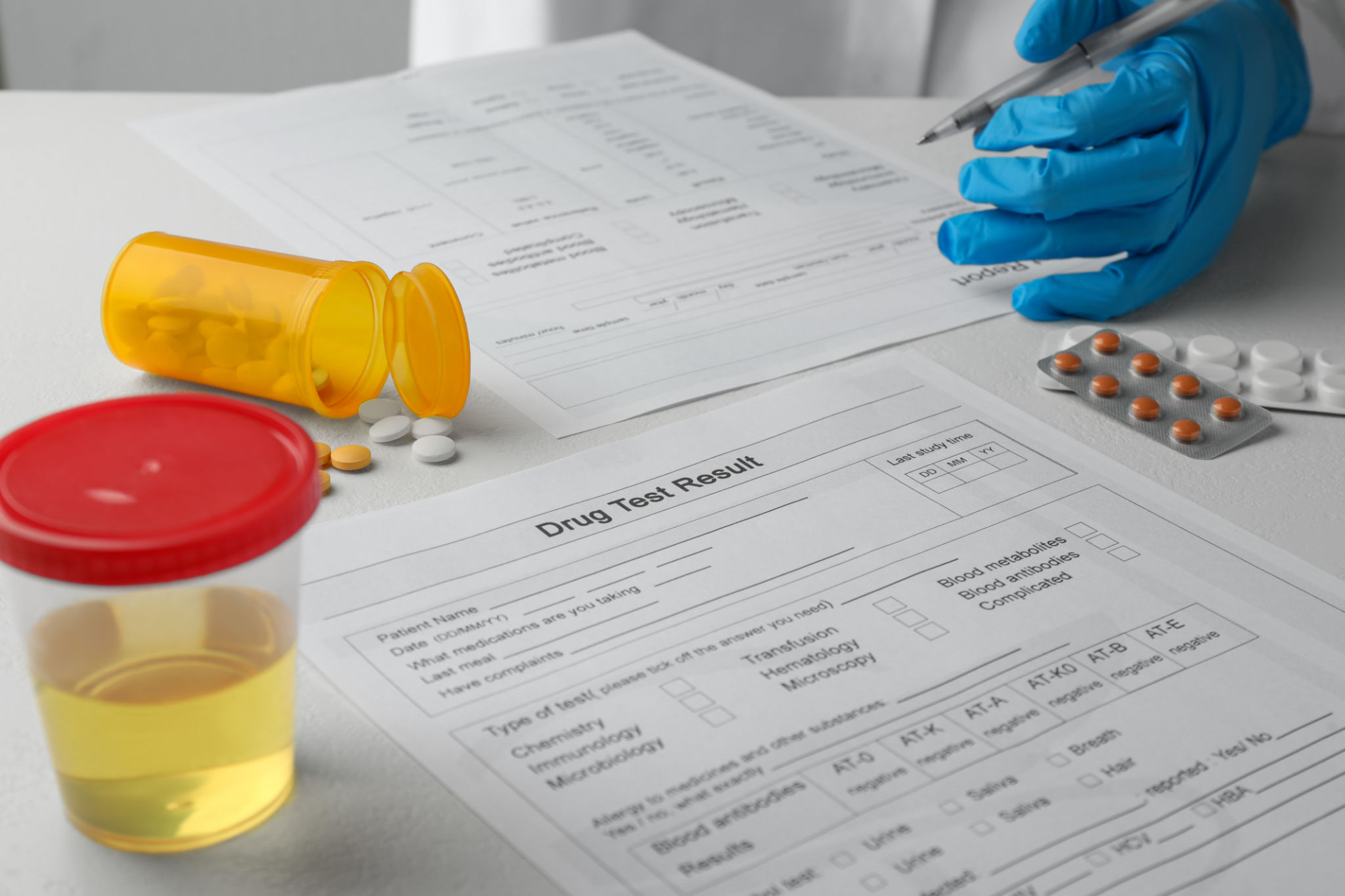Onsite Drug Testing vs. Traditional Lab Testing: Which is Right for You?
Understanding Onsite Drug Testing
Onsite drug testing, often referred to as rapid or point-of-care testing, is conducted at the location where samples are taken, such as a workplace or a clinic. This method offers various advantages, making it a popular choice for many organizations. One of the most significant benefits of onsite testing is the speed of results. Most onsite tests can provide results within minutes, allowing for immediate decision-making.
Moreover, onsite drug testing can be more convenient and less disruptive. There is no need for employees to travel to an offsite location, which can reduce downtime and maintain productivity. Additionally, onsite testing can help save on expenses related to transportation and lab fees.

Benefits of Onsite Drug Testing
Aside from quick results and convenience, onsite drug testing offers several other advantages. It enhances the ability to maintain a secure chain of custody, minimizing the risk of sample tampering. This can be crucial for maintaining the integrity of the testing process.
Furthermore, onsite testing provides more flexibility in scheduling, as tests can be administered at any time, accommodating various shifts and work hours. This flexibility helps in implementing random testing programs more effectively, which can be a significant deterrent against drug use.
Exploring Traditional Lab Testing
Traditional lab-based drug testing involves collecting samples and sending them to a certified laboratory for analysis. This method is often considered more thorough and accurate, as it utilizes sophisticated technology and expert analysis. Lab testing is typically used for confirmatory testing when initial screen results are disputed or require verification.

Advantages of Lab Testing
The primary advantage of traditional lab testing is its accuracy and reliability. Laboratories use advanced analytical techniques, such as gas chromatography-mass spectrometry (GC-MS), to detect even minute traces of substances. This makes lab testing an excellent option for industries where accuracy is paramount.
Lab testing also offers a broader detection window, allowing for the identification of drug use over more extended periods. This can be particularly beneficial in situations where long-term substance use needs to be assessed.
Comparing Costs and Practicality
When deciding between onsite and traditional lab testing, cost is often a significant factor. Onsite testing tends to be more cost-effective for immediate results and smaller sample sizes. However, if confirmation tests are required, costs may increase due to additional lab fees.

In contrast, traditional lab testing might have higher upfront costs due to laboratory fees and the need for specialized equipment. However, its accuracy can justify the expense, especially in sectors where precision is crucial.
Choosing the Right Method for Your Needs
The choice between onsite and traditional lab testing depends on various factors, including the specific requirements of your organization, industry standards, and budget constraints. For employers looking for quick results and convenience, onsite testing might be the ideal choice. However, if accuracy and comprehensive analysis are paramount, traditional lab testing might be more suitable.
Ultimately, assessing your organization's unique needs and consulting with drug testing professionals can help determine the most appropriate method. Both options have their merits, and finding the right balance between speed and accuracy is key to effective workplace drug testing.